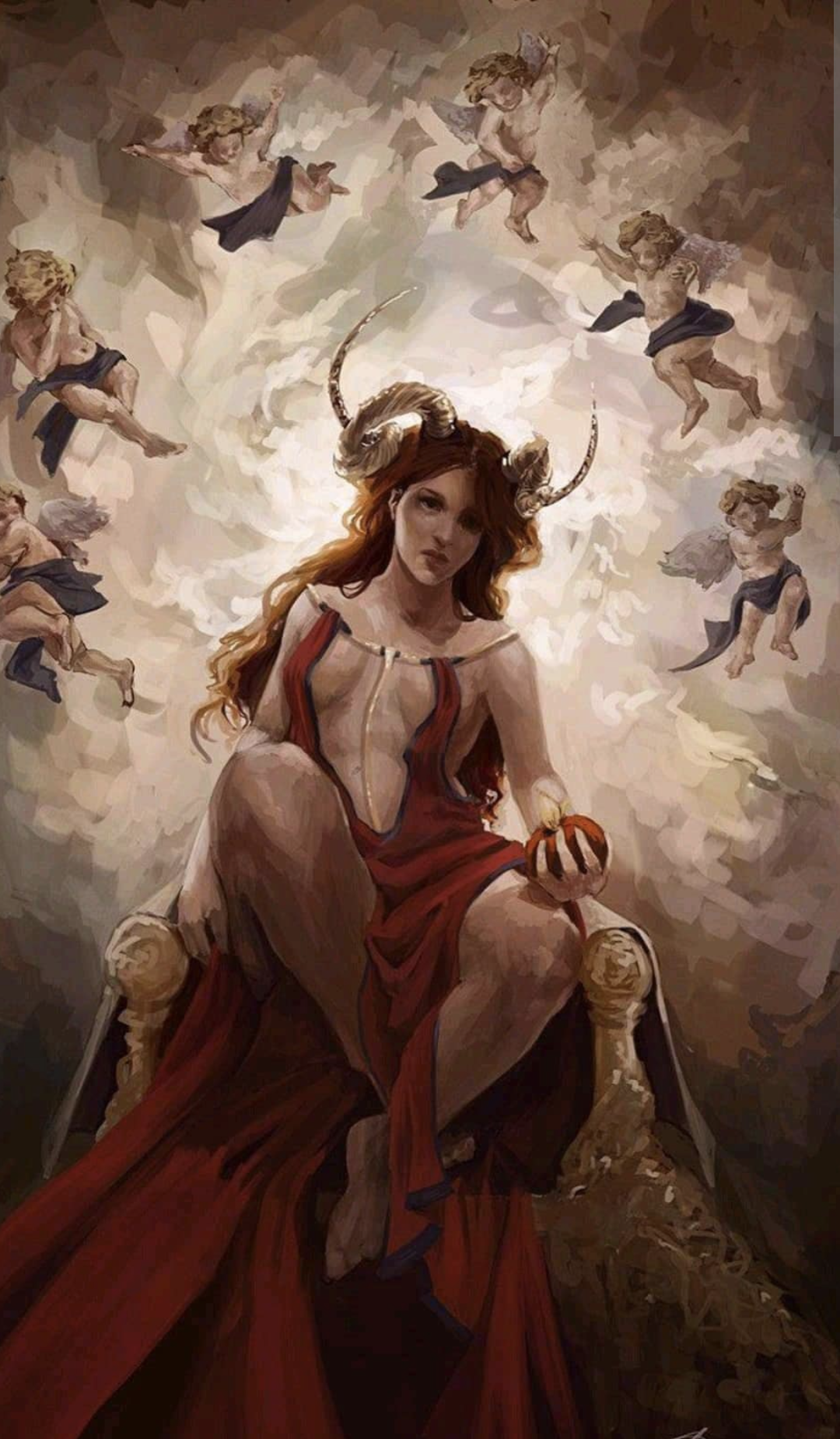Just say “What, you egg?” and stab your teacher. They’ll understand.
That’s your answer to everything!
You need to know how the existing rules work to break them effectively. Breaking them willy nilly just results in disjointed thoughts and poor word flow. That’s why the teachers try to teach…
I’ve explicitly taught this concept in my English classes, actually.
A run on sentence, for example, is a fantastic tool for expressing overly excited rambling from a character.
It only works for that purpose if the rest of the writing isn’t full of run on sentences.
You have to know the rules and follow them well in order to break them for effect. I told my kids that if they obviously broke a rule for effect in their writing, I wouldn’t hold it against them, but it’d only work if they were otherwise near perfect with that rule.
I had one take me up on it! It was cool. She also wrote a postscript explaining what she did and why, which was hilarious, because it was pretty obvious. She’d used sentence fragments to show incredulity. It was great.
I agree. Example A:

I think that applies to any form of art as well. Picassos self portraits are a good example (chronological order)
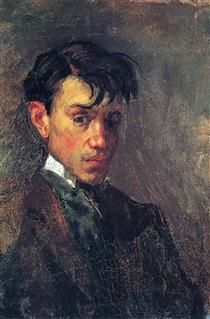
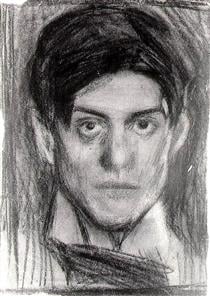
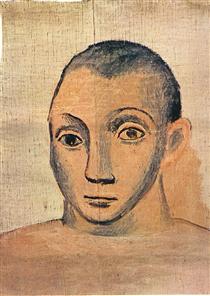

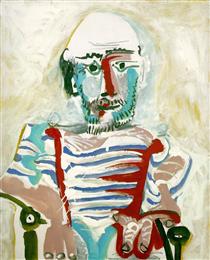
Intention is also important. It’s why birdemic is famous and the sequels aren’t.
Similar to Music theory. It’s not absolutely necessary to write good music, but understanding it allows you to be more purposeful in your writing and know why certain things work and when to break the “rules” for an effect.
Or art for that matter. One of my arts teachers kept saying that, in order to be able to paint the way he did, Picasso would have absolutely been able to paint completely realistic paintings.
He was, just check his early work.
I’m still gonna hold my grudge against my middle school art teacher. If we were painting an oak tree for example, she’d get pissed if you decided to add, say, an apple hanging off a branch. “It’s an oak tree, not an apple tree!”. Like I give a fuck, it’s my painting and I wanted an apple there, fuck off.
She also essentially called our entire class lazy and talentless once because none of us got selected as finalists for an art competition she signed us up for.
Well, I’d say, it’s only not strictly necessary for small-scale good music. I do think for an orchestra score (or a novel or a Sistine Chapel), you do need to know what you’re doing, because there’s so many variable parts that have to work together…
You don’t need to know what you’re doing, but it’s certainly a heck of a lot easier to understand why your harmony doesn’t work if you know what a tonic and a dominant and subdominant are. It saves you time and allows you to write more purposefully.
There’s an author here in Germany, Arno Schmidt, who literally (!) made up his own words. We woke a test about his book and I did the same, only two of three times, teacher didn’t like it a bit. Hippo Criticall fuggs.



